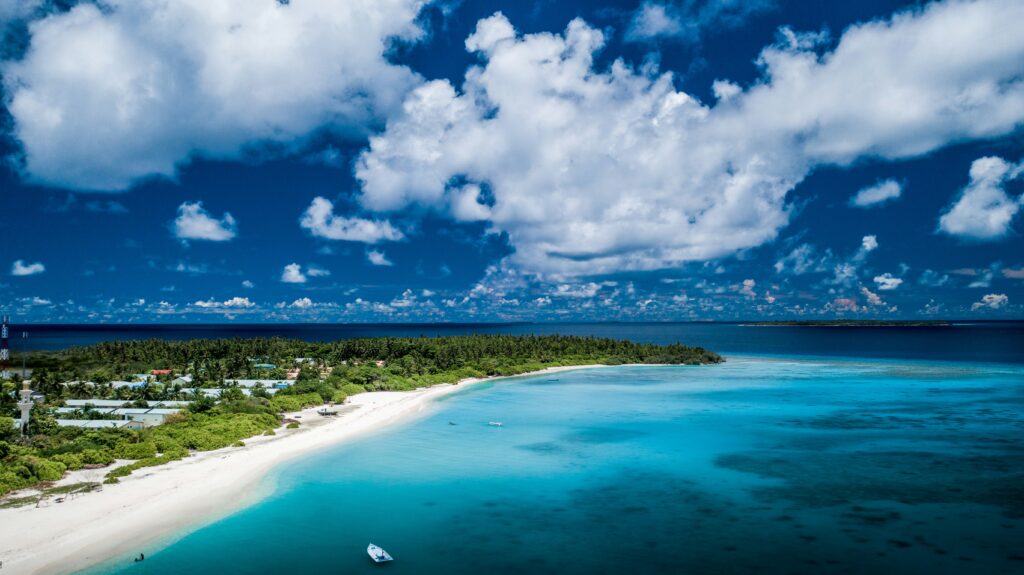
Understanding Travel Policies in the Face of Natural Disasters
When you’re planning a trip, a lot of excitement builds up. But what happens when unforeseen circumstances, like hurricanes, threaten to derail your plans? Let’s dive deep into how travel policies can help—or sometimes, fail to help—with emergencies like hurricanes and evacuations.
What is a Travel Policy?
At its core, a travel policy outlines what you can expect from your travel provider regarding cancellations, delays, and emergencies. This could be from airlines, hotels, or travel agencies. It’s like a safety net—offering some peace of mind in the chaotic world of travel.
But here’s the kicker: not every travel policy is created equal. Some are crystal clear on how they manage natural disasters, while others—well, they’re a bit murky.
Does It Cover Hurricanes?
Most travel policies will let you know whether or not they cover hurricanes, but it’s not enough just to glance at the fine print. Depending on the provider, you might find that:
Standard Policies Usually Don’t Cover Hurricanes: If the storm was forecasted or known ahead of time, many airlines and hotels may not cover cancellations or inability to travel due to the weather. For example, if you book a trip during hurricane season, having a vague feeling that it might rain isn’t enough to warrant compensation.
Look for Special Provisions: Some travel insurance can include “hurricane coverage” specifically, but you’ll need to pay for that extra layer of safety! This often means higher premiums but consider it like an umbrella—you hope you won’t need it, but you’ll be glad you have it if the clouds roll in.
The Evacuation Clause: Many policies will include terms around evacuations. This might cover expenses if you need to leave your hotel suddenly or if transportation is suddenly canceled. Be sure to read these terms carefully.
Evacuation: Are You Covered?
When a hurricane hits, the most crucial aspect is your safety. Yet, will your travel policy ensure you can evacuate without hefty out-of-pocket expenses? Here’s what to keep in mind:
Emergency Evacuation Services
Some travel insurance policies include evacuation services, but not all do. This can cover costs that might arise when you’re forced to leave a dangerous area—think helicopter rides or charter flights. Policies that provide this kind of coverage are gold. They’ll not only get you away from danger but also help you navigate unforeseen financial burdens.
Document Everything
If disaster strikes, keep a record of everything: receipts, communications with your travel provider, and any documents required for claims. If you don’t have a paper trail, you might find yourself in a sticky situation when it comes time to submit a claim. This is especially relevant for scenarios like hurricanes where clear thinking might be hard amidst the chaos.
When to Buy Travel Insurance
So, when’s the best time to scoop up that travel insurance? Here’s a small insider tip—buy it as soon as you book your trip. Delaying can lead to missed coverage opportunities.
Understand the Timing
For instance, some policies have deadlines that mandate coverage can’t be purchased after a hurricane watch or warning is issued. Knowledge is critical here, and taking proactive steps benefits you in the long run.
Consider “Cancel for Any Reason” Policies
If you’re really worried about hurricanes ruining your plans, consider a “Cancel for Any Reason” policy. It’s a bit more expensive, but the peace of mind it provides can be invaluable. You’ll be able to cancel your trip for any reason at any given time, and get up to 75% of your trip costs reimbursed.
Final Thoughts: Check Your Backups
As you prepare for your next trip, take the time to analyze your travel policy. What does it truly cover? What’s excluded? Don’t assume it aligns with your expectations.
Remember, preparation can make all the difference. Look into each detail of your policy, keeping your worries in check so travel becomes more of a joy than a job.
Whether you’re basking under the sun or navigating airport terminals, you deserve to feel safe and supported during your travels. If this resonates with you, you might want to check out Related: travel insurance tips when planning your journey.
In the end, think of travel policies as your go-to guide. You wouldn’t set sail without a life jacket, so don’t embark on your next adventure without a solid understanding of what your travel insurance covers.
**Related Reading:** – [Related: How to Plan a Solo Trip on a Budget] – [Related: Top Destinations for First-Time Solo Travelers] **#SoloTravel #Travel #Policy #Cover #Hurricanes #Evacuations #Safely**